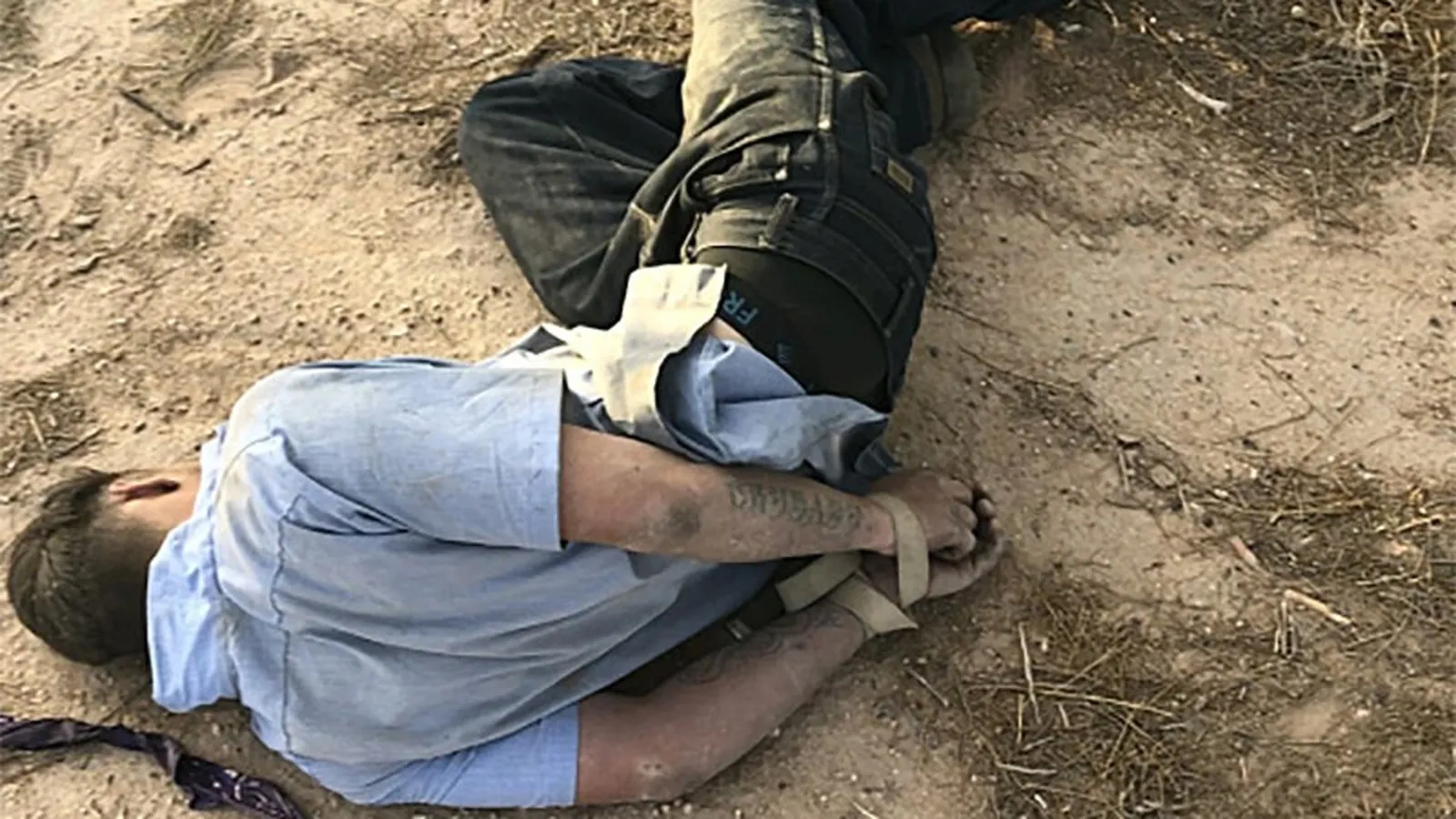At 61 years old, Charles Baker had seen his fair share of ups and downs while driving the school bus for Eastwood Middle School. The job gave him a sense of purpose after his retirement, and it was comforting to have a routine.
However, in recent weeks, one student stood out to him. Her name was Aaliyah Simmons, a quiet sixth grader who had only started riding his bus recently. Every day, he noticed that Aaliyah seemed to be silently crying, her small hands clenched in her lap, her head bent low. As the bus became emptier with each stop, her sorrow became more apparent. Something about Aaliyah's silent tears gnawed at Charles. Unlike other children he had seen over the years who faced problems like bullying or broken homes, there was a weight to Aaliyah's sorrow that felt deeper, more troubling. He could not ignore it anymore, and after a few days of observing her, he decided that he had to take action.
One afternoon, as Charles maneuvered the bus through Decatur, he noticed something odd. Aaliyah, once again, bent down under her seat, staying in that position far longer than seemed normal. The sudden movement caught his eye. Her shoulders trembled, and when she sat up, she wiped at her face quickly with the sleeve of her denim jacket. This was different. Charles’ heart tightened with concern. The moment the bus emptied out, and only a few kids remained, Charles made a decision. After dropping off the last student, he walked down the aisle to Aaliyah’s seat. Kneeling, he peered beneath the seat, expecting to find a stray pencil or a forgotten snack. But instead, what he discovered made his breath catch in his throat.
A small, worn plastic lunchbox, cracked at the corners and covered in faded Disney princess stickers, lay wedged between the seat and the bus’s ventilation grate. As he carefully pulled it out, he noticed it was heavier than it should have been. Opening the lid, he found a disturbing assortment inside: a half-empty bottle of ibuprofen, a bruised flip phone with a shattered screen, and a note in messy handwriting that read, “If you tell anybody, they'll take you away from your mama forever.” Charles’ hand trembled as he closed the lunchbox, a sense of dread settling deep in his gut. He knew something was terribly wrong. There was no turning a blind eye to this.
Charles knew that he could not just ignore what he had found. His instincts as a former soldier kicked in — this was a situation that needed immediate action. Rather than reporting the discovery to the principal, who might just file a report and move on, Charles called his neighbor, Officer Raymond Davis, a police officer in the Decatur Police Department. When Raymond picked up, Charles didn’t waste time explaining. He simply described the items in the lunchbox and his growing concern for Aaliyah.
Raymond was silent for a moment before his voice turned serious. “Stay put, I’m five minutes away.” True to his word, a patrol car soon pulled up beside the bus. Raymond climbed out, his uniform sharp and alert, his dark eyes scanning the area with the trained precision of someone who had seen far too much.
After a quick conversation, Charles handed over the lunchbox without a word. Raymond’s jaw tightened as he read the note. “I’ll need to do a welfare check,” he said, his voice grim. The officers moved swiftly. They knocked at Aaliyah's apartment door, and when there was no answer, they gained entry with a master key. Moments later, Aaliyah emerged from the apartment, clutching a tattered teddy bear.
Behind her, her mother, clearly intoxicated and disheveled, stumbled into view, yelling incoherently. Aaliyah’s face was pale, and her thin body hunched in an attempt to make herself invisible. The officers moved carefully, one speaking softly to Aaliyah, while another escorted her mother away in handcuffs. Charles watched the scene unfold, his heart heavy with the realization that Aaliyah had been living in a nightmare.
After Aaliyah’s mother was taken away, Charles felt a mixture of relief and deep sadness. The young girl, whom he had seen suffer in silence, was now in the hands of professionals who could ensure her safety. The case wasn’t over, though. Aaliyah would need to go through the foster care system, and Charles wasn’t about to let her go through it alone. Over the next few days, he visited Aaliyah at the Eastwood Police Station. Each time, he brought small comfort — a box of crayons, a library book, or just his steady presence. One afternoon, as they played a game together, Aaliyah surprised him by asking, “Mr. Baker, do you think I could call you Grandpa?” Charles froze, the question catching him off guard. For a moment, the weight of his years and the loneliness that had plagued him since his wife passed seemed to vanish. He realized how much he had come to care for this little girl. “Sweetheart,” he whispered, his voice hoarse, “I’d be honored.”
From that moment on, Aaliyah called him Grandpa Charlie, and it felt like they had truly become a family. They spent time together regularly, building a bond that was unspoken but strong. As the months went by, Aaliyah flourished. She laughed more, made friends, and slept without nightmares. Charles saw the spark of hope returning to her eyes, and the family they had created — one born from pain but nurtured with love — became his greatest source of strength.
When the adoption process was finalized, Aaliyah officially became part of Charles’s family. The courtroom was filled with emotion, but the real victory was the life they had built together, one filled with quiet moments of love and understanding.
-1752639372-q80.webp)
-1752552679-q80.webp)

